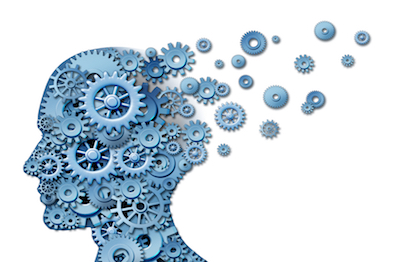Coping with STRESS!

Edvard Munch’s Expressionist masterpiece, “The Scream,” pretty much sums up what most people feel at any given moment on any given day. Mention you’re feeling stressed, and everyone knows what you’re talking about. Whether your plane is delayed or you open a letter from the IRS that says you’re being audited, when you say, “I’m stressed,” no one has to ask what you mean. But try to define stress and, well, that’s another matter. Dr. Joe Luciani, author of the Self Coaching book series says, “We can define stress as the emotional and physiological duress that results from dealing with both real, actual life challenges as well as imagined challenges generated by worry, anxiety, panic and rumination.” The experience of stress is essentially the same whether self-imposed — such as neurotic worrying — or circumstantially imposed-such as losing your job. “Stress is an emotional and a physiological tension accompanied by a grating, gripping feeling. If you’re human, you know what this feels like. Most people think stress is an unavoidable part of life. To some extent this may be true, but you’d be surprised how much wiggle room you have when it comes to being stressed. The only way is to understand that life circumstances don’t determine whether or not we get stressed, it’s our emotional reaction to these circumstances!” Bottom line: it’s not life that brings you to your knees, it’s your interpretation of life. In other words, life doesn’t stress us, we stress us.
You also need to remind yourself that anxiety and stress are not the same thing. “Stress is often a legitimate and objective response to real life challenges. Anxiety is a false response, perpetrated by insecurity, that has you convinced you can’t handle the challenge,” say Dr. Luciani. Just keep telling yourself that you can handle any challenge. You’ve made it this far, right? Even the philosopher, William James, wisely said “The greatest weapon against stress is our ability to choose one thought over another.” So the key to counteracting stress and anxiety in your life is a willingness to believe in yourself. The sooner you take the risk of believing that you can handle whatever life throws at you, the sooner you will be eliminating anxiety and reducing stress. Self-trusting may feel risky, but it’s not! Feelings aren’t facts. Self-trust is a willingness to believe – in you!
Another way to control stress is to simply distract yourself. When stressed, work to distract yourself from what’s causing your stress. Try taking a time-out by meditating, going for a walk, taking a few deep, satisfying slow breaths, watch a movie, or play with your dog. Anything that pulls your mind away from the stress will allow you to reclaim some balance rather than to continue draining yourself. Handling stress is all about perspective.
Dr Luciani believes that you need to recognize you have a choice. “You will experience more stress if you feel like a victim. Victims by definition are powerless. In order to empower yourself, even if you can’t change your stressor — such as getting fired, etc. —you can change the way you interpret your circumstance.” Don’t allow insecurity to dictate. If you do, it will only be doom and gloom. “Learn to let go. The best philosophy for learning to minimize stress and anxiety in your life is to embrace a mantra, such as “Let go, let life.” Rather than getting caught in a loop of ruminative frustration, try letting go of your ego’s insecure, controlling tendency to over-think, adding stressful insult to injury. And then open yourself up to the vast instinctual, intuitive potential for peace that resides in you – just waiting to be realized.” Now, breathe, just breathe……





